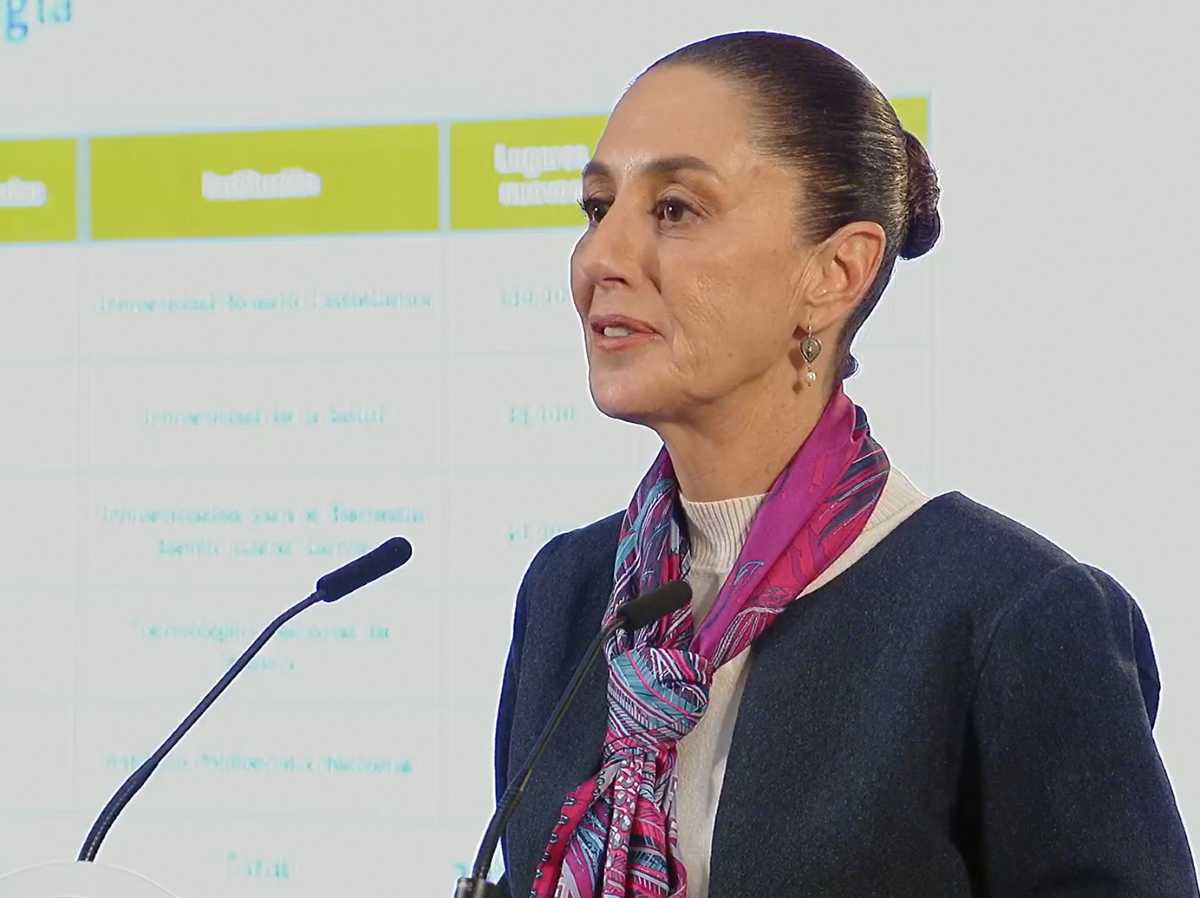Education, QR Codes, and International Aid in Mexico
In Claudia Sheinbaum's People's Morning Conference, Mexico announced plans to create 300,000 new higher education places. Rosario Castellanos University will expand nationally. A QR code issue halted judicial reform notifications.

The People's Morning Conference. Nothing quite like a mid-week spectacle of bureaucratic brilliance and legal tomfoolery to remind you that you are, in fact, living in the most fascinating of times. This week’s show, led by the ineffably calm President Claudia Sheinbaum, offered all the thrills of a slightly damp firework. But don’t let the seemingly dry tone fool you; there was plenty to unpack from the announcements made. Allow me to take you through it.
300,000 New University Places
First up, Mario Delgado, the Secretary of Public Education, boldly promised to open 300,000 new places for higher education in public and—get this—free institutions. Yes, you heard that right. Free. A wonderful idea, truly. A nation with a growing youth population, all craving knowledge, is to be gifted 300,000 shiny new university places.




